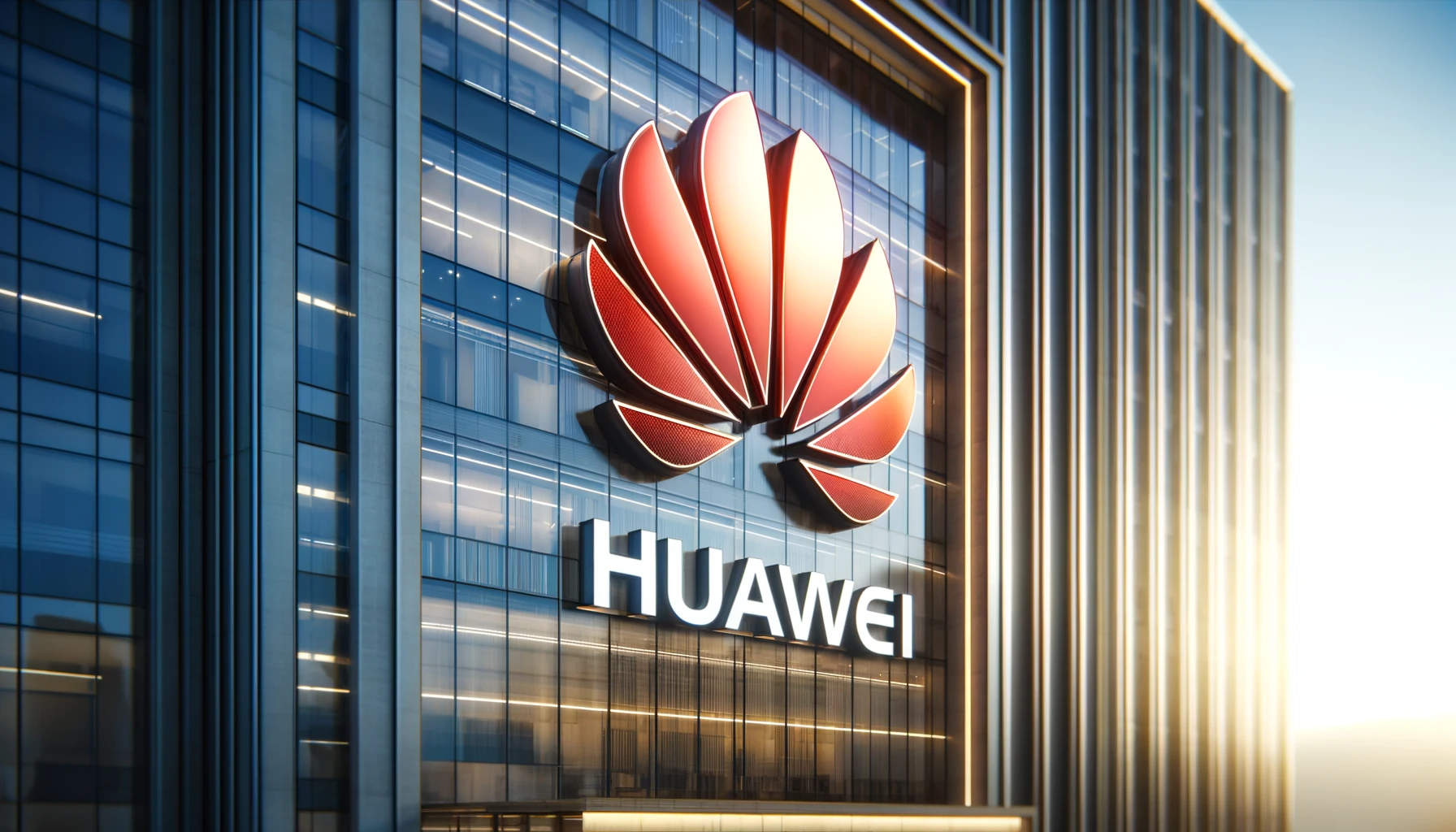
In a seismic shift with far-reaching implications for the global technology landscape, the United States has decided to revoke the export licenses of two of its major semiconductor giants, Intel Corp and Qualcomm Inc. This move effectively blocks these companies from supplying chips to Huawei Technologies Co Ltd, a prominent player in the Chinese tech industry. The decision underscores the heightened geopolitical tensions between the US and China, particularly in the realm of technology and national security.
Immediate Impact on Supply Chain Dynamics: Disrupting Key Partnerships
The abrupt revocation of export licenses has sent shockwaves through the semiconductor supply chain, disrupting key partnerships and supply agreements. Both Intel and Qualcomm were pivotal suppliers to Huawei, providing essential chips for use in laptops and handsets. With these licenses now revoked, Huawei faces a critical challenge in sourcing alternative suppliers for its semiconductor needs, potentially leading to delays in product launches and supply chain disruptions.
Scrutiny Over Huawei’s MateBook X Pro Launch: Political Backlash and Regulatory Response
The decision to revoke export licenses comes in the wake of Huawei’s recent launch of the MateBook X Pro, its flagship AI-enabled laptop powered by Intel’s cutting-edge Core Ultra 9 processor. This launch drew sharp criticism from US lawmakers, who raised concerns about the national security implications of providing advanced chip technology to Huawei. The revocation of export licenses can be seen as a direct response to these concerns, reflecting the US government’s efforts to curb China’s technological advancements and safeguard its own national interests.
Political Response and National Security Concerns: Balancing Economic Interests
Republican lawmakers, including Representative Elise Stefanik (R-NY), have applauded the decision, framing it as a crucial step to protect American innovation and mitigate potential security threats posed by Huawei’s close ties to the Chinese government. This sentiment underscores the delicate balance between economic interests and national security considerations in the US-China relationship. By revoking export licenses, the US government aims to assert control over critical technologies while sending a clear message about its commitment to safeguarding national security interests.
Potential Disruption in Supply Chain: Ripple Effects Across Industries
The revocation of export licenses for Intel and Qualcomm has raised concerns about potential disruptions in the semiconductor supply chain. Beyond Huawei, other US suppliers doing business with the Chinese tech giant may also be affected, leading to ripple effects across industries. The sudden uncertainty surrounding semiconductor supply chains could impact product availability, pricing, and market dynamics, creating challenges for companies reliant on a stable and predictable supply of semiconductor components.
US Government’s Strategy and Geopolitical Context: A Coordinated Approach
The decision to revoke export licenses for Intel and Qualcomm is part of a broader US government strategy aimed at restricting China’s access to advanced chip technology. This strategy includes measures such as blacklisting Chinese chipmaking facilities from receiving crucial tools, signaling a coordinated effort to assert control over critical technologies and mitigate perceived threats to national security. Against the backdrop of escalating US-China tensions, the semiconductor industry finds itself at the center of a geopolitical tug-of-war, navigating complex regulatory challenges and geopolitical uncertainties.
Balancing Economic Interests and National Security: Policy Implications
Despite these measures, China remains a vital market for US semiconductor firms, highlighting the intricate interplay between economic interests and national security considerations. Companies like Intel, Qualcomm, and Broadcom derive significant revenues from the Chinese market, underscoring the complexity of the US-China relationship. As policymakers grapple with the challenges posed by an increasingly interconnected global economy, they must carefully balance economic imperatives with national security concerns, charting a path forward that safeguards both American innovation and strategic interests.
Navigating Uncertainty in the Semiconductor Industry: Strategic Foresight
As the semiconductor industry grapples with evolving geopolitical dynamics and regulatory challenges, stakeholders must navigate a landscape fraught with uncertainty. The revocation of export licenses for Intel and Qualcomm represents a significant development with profound implications for global technology supply chains. It underscores the importance of strategic foresight and contingency planning in an increasingly interconnected world, where geopolitical tensions can have far-reaching consequences for businesses, economies, and societies at large.











